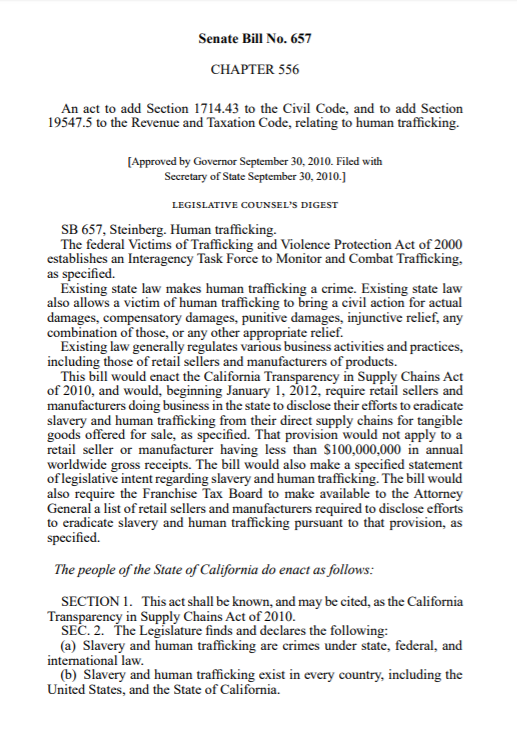Effectiveness of Public Procurement Measures in addressing Modern Slavery
News & AnalysisStandards & Codes of ConductLegislationThis Modern Slavery PEC Policy Brief is the third in a series of Policy Briefs that assess the evidence base on the effectiveness of different regulatory interventions to address modern slavery in global supply chains, a key research priority for th...Read More

